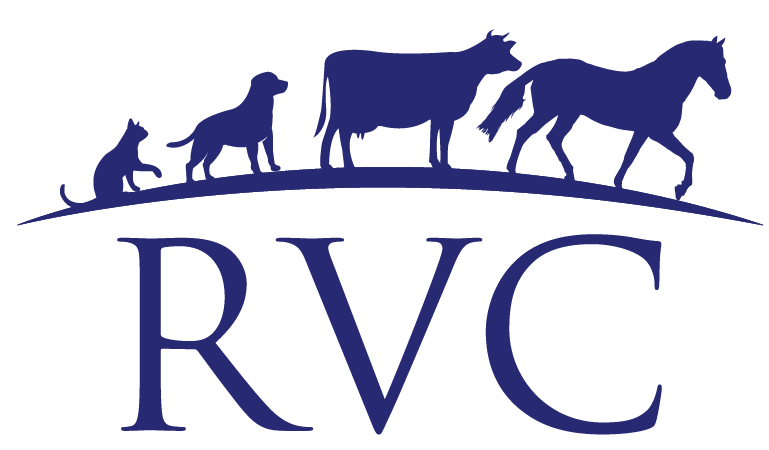Poultry Lice
Poultry lice are wingless, straw-colored insects that feed on dry skin scales, scabs, oil gland secretions and feathers.
A poultry louse spends its entire life on its host; if it falls off the bird, it won’t survive long in the environment (maybe a few days). Lice know what they like, and poultry lice like chickens, not people or pets. If a poultry louse climbs on you, it won’t stay long; they are what we call “host specific”.
Louse infestations impact your birds health, especially young chickens, making them jumpy and slow to grow. Fertility and egg production declines for infested adults. The plumage of lousy birds looks patchy and moth-eaten. If only a single bird in a flock is infested there is often an underlying health issue that needs to be identified.
Vetmax Louse powder is the only currently licenced product for this parasite and is easily applied to the bird at night when its roosting. It also has NO EGG WITHHOLD. Apply to the feathers around the vent area as well as under the wing. For crested breeds its recommended to check and carefully treat the crest feathers also being careful to not get any powder in the eye. If a powder doesn’t appeal our poultry vet has successfully treated lice with permethrin which can be obtained and applied as a liquid spray (the powdered form is Vitapet Flea powder).
An alternative is Buzz Off spray which is ready to apply, or a Permoxin concentrate which you prepare as per directions and spray onto the same areas as the powder above.
PLEASE BE AWARE PERMETHRIN IS HIGHLY TOXIC TO CATS. If your cats have close contact with your chickens we recommend you avoid using powdered permethrin, the spray should pose minimal risk provided applied at night.
Our poultry vet has conducted personal trials with Exzolt and has not found it effective for lice; Ivermectin can be effective but has a 10-21 day egg withhold depending on the route of administration.


